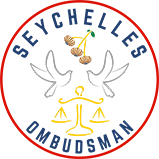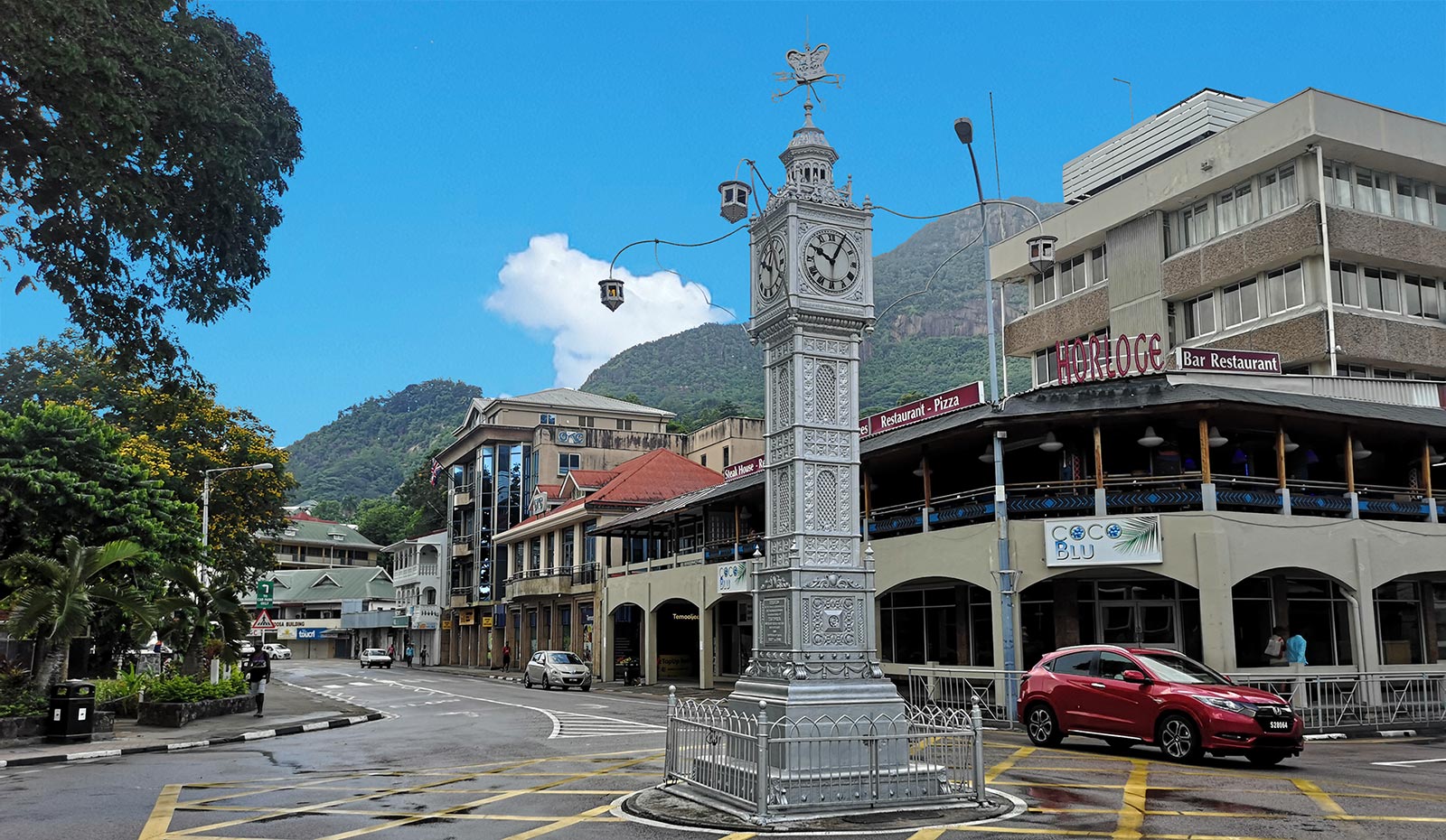13 Oct Ombudman Day Message 2022
Resilience, Respect, Resolve – the Avenue to Good Governance
Why did the drafters of our Constitution have in mind when they included the Ombudsman as a constitutional institution?
Having adopted the doctrine of separation of powers of the elected executive and legislature and the more permanent judiciary, our sovereign democratic Third Republic also wanted to ensure that its governance would be good.
The answer was to include an independent and autonomous fourth arm operating in the space above politics and the strict letter of the law to oversee public service delivery by the army of public officials working in the traditional arms of Government. The Constitution gave the Ombudsman wide powers to investigate fraud and corruption, human rights violations, as well as bad administrative actions of all public authorities and officers, from the presidency down to the lowliest public officer. It even enabled the Ombudsman to challenge the constitutionality of a law.
The Ombudsman would use that oversight role to ensure that governance was good, produced from an open, transparent and accountable public administration that remains customer focused and fair.
Seychelles displayed farsightedness in that choice back in 1993. Since then, Ombudsman and mediator institutions have become the international best practice norm by which modern democracies deal with administrative issues and guarantee fairness and effectiveness in public administration. So much so, that the United Nations General Assembly resolved in December 2020 to recognise the unique role of the Ombudsman in promoting and respecting human rights, good governance and the rule of law. The resolution encourages all UN member states to create or strengthen their Ombudsman institutions in accordance with the Paris and Venice principles and give them the legal framework, support and protection necessary to fulfilling their role.
In line with this increased visibility to an age-old institution with the strangest of names, ombudsman and mediator institutions across the globe have, since 2018, dedicated the second Thursday of October for greater reflection on the Ombudsman’s unique watchdog function.
In anticipation of a formal declaration of Ombudsman’s Day by the United Nations, the Office of the Ombudsman of Seychelles, for the first time this year, is commemorating the day under the theme “Resilience, Respect and Resolve.”
The Ombudsman’s resilience is evident in how this Office has adapted to the difficult circumstances in which it operates. Twenty-nine years into its existence, it remains relatively unknown, largely unrecognised, poorly financed and generally misunderstood by both the public and the very authorities it oversees. It has one of the smallest budget allocations in the public administration. Yet, it continues to defy all the odds to remain relevant and active even as new statutory bodies have been created to do some of the tasks that it was and still is charged with.
While our Office footprint may be small, we connect with a much larger community the world over through our wide network of local and international partners. As a member of the African Ombudsman and Mediators Association (AOMA), the Association des Ombudsman et Médiateurs de la Francophonie (AOMF) and, more recently, the International Ombudsman’s Institute (IOI), we recognise that unity is strength and that together we can improve our service.
But what does the Ombudsman do?
Vested with the constitutional responsibility of curbing and correcting all forms of bad and mal-practices which directly or indirectly affect public administration and the delivery of public services, the Ombudsman offers a simple, accessible, cost-free, fuss-free conflict-handling alternative to protect the people’s rights as enshrined in the Constitution and in other laws and regulations. Operating in the space between politics and the judicial process, the Ombudsman provides an avenue in which unfairness or abuse or misconduct in the actions and excesses of public officers and authorities is checked, serving as a veritable instrument that protects citizens against abuse by those in power. The resulting conflicts are resolved through respect for and implementation of the rule of law.
The Ombudsman’s work is guided by the fundamental principles of fairness, fair process and respect. When we see unfairness or abuse or misconduct in the actions of public officers, something in our collective yearning compels us to try to find ways to right the wrong.
In our investigative process, we always ask ourselves, what can we do to fix the problem in such a way that we fix the problem and at the same time promote those other principles of diversity, inclusion, equity and respect for all. Our work is done well when we have balanced the facts gleaned from both sides and when a fair compromise is offered as the best way forward in keeping the peace.
This process has been described by a fellow ombudsman as “the power of illumination”. Not only do we provide enlightening information and assistance to those people who raise concerns or are victims of bad administration, but in trail-blazing the path to expose misconduct, we alert leadership about unfairness, failures in due and fair process, or sometimes even policy gaps. Through this power of illumination, the Ombudsman connects deeply to our collective social consciousness and helps bring about the wider change that will make a real difference. This is the resolve and resilience that makes it all worthwhile in the final analysis.
Through our findings and recommendations, the ultimate objective remains to help public officials and Government correct errors, whether made involuntarily or otherwise. By correcting errors, we collectively improve public service delivery, perform better and become more accountable to the people.
Good governance is the outcome of this process; just what our Third Republic promised.
END OF PUBLIC MESSAGE
Our aim in this year’s commemoration is to improve public awareness of the Office and the role we plays in our society. We want to do that by telling stories about what we do and how we do it, not because we seek publicity, since we fully respect the need to preserve confidentiality – but rather, to show that our first priority is helping people.
By encouraging and driving greater use of our services, we highlight the value addition that we bring to the public authorities and constituents we serve. With more cases resolved, we will be recognised as an effective tool for curbing abuse and governance issues in public administration.
Through the press interviews this week we have endeavoured to tell the public the story of who we are and what we do. And as we formally launch our website on this first Ombudsman’s Day we want to tell another story about why this communication tool is so important to us. We even want to share with you the story of our new logo. And early next year, in our annual activity report, we will tell more stories – this time about the cases we have dealt with and the things we have tried to fix in our quest for good governance.
I thank you for your presence here today and for the assistance you give us in keeping our power of illumination bright and probing. I am joined by the staff of the Office in pledging to work with all public authorities and institutions, as well as non-governmental organizations, to keep the Office of the Ombudsman relevant and functioning as the fourth arm of our Republic for many years to come.



